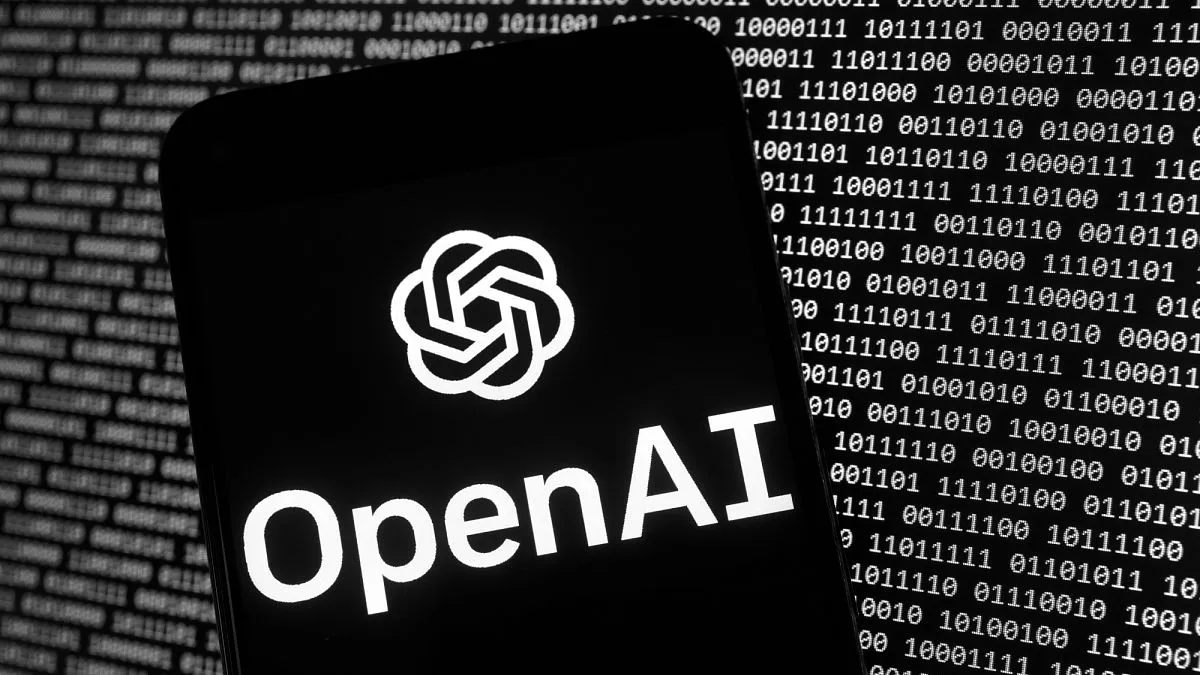
A recent pre-print study from the Massachusetts Institute of Technology (MIT) has raised concerns about the cognitive effects of using OpenAI’s ChatGPT. Conducted by researchers at the MIT Media Lab, the study involved participants divided into three distinct groups. Each group was tasked with writing essays using different methods: one group utilized ChatGPT, another relied on a traditional search engine, and the last group wrote without any technological assistance. The researchers employed an electroencephalogram (EEG) to monitor brain activity during the essay-writing process.
The study revealed striking differences in brain activity among the participants. Those who wrote exclusively with ChatGPT exhibited the lowest levels of neural activation in critical areas of the brain associated with engagement and memory. This group struggled significantly with recalling or recognizing their own writing. In contrast, the group that wrote without any technological tools displayed the highest levels of cognitive engagement and memory retention, indicating a more profound connection to their work.
In a follow-up session, participants from the ChatGPT group were instructed to complete the writing task independently, without the assistance of AI. The results were concerning: those who had previously relied on ChatGPT performed poorly compared to their peers, producing work that was described as “biased and superficial.” This decline in writing quality highlights the potential risks associated with habitual reliance on AI tools.
The researchers introduced the concept of “cognitive debt,” suggesting that frequent use of tools like ChatGPT may hinder long-term learning and independent thinking. As individuals become accustomed to relying on AI for ideas, they may experience diminished critical inquiry, increased susceptibility to manipulation, and a notable decline in creativity. The study emphasizes that when participants reproduce suggestions from ChatGPT without critically evaluating their accuracy, they risk adopting shallow or biased perspectives.
Interestingly, participants who engaged in writing purely from their own thoughts reported higher levels of satisfaction and demonstrated greater brain connectivity compared to those who used AI or search engines. The researchers noted that individuals in the other groups felt less connected to their writing, and many struggled to recall specific quotes from their essays when prompted.
In light of these findings, the authors of the study strongly recommend additional research to better understand the effects of AI tools on cognitive function. They caution against prematurely recognizing large language models (LLMs) like ChatGPT as unequivocally beneficial for human learning and cognitive development.
As the implications of this study unfold, it is crucial for users and educators to consider the potential downsides of relying on AI for writing and creative tasks. Further investigation is necessary to assess how these tools may shape our cognitive abilities and learning experiences in the long run.